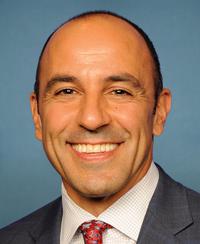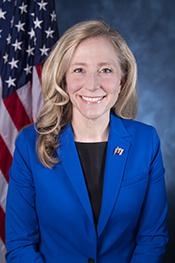0
Farm Workforce Modernization Act of 2023
1/4/2025, 11:12 AM
Summary of Bill HR 4319
One of the key provisions of the bill is the creation of a new temporary worker program for agricultural workers, which would allow them to apply for a renewable five-year visa. This program would provide a pathway to legal status for undocumented farmworkers who meet certain eligibility requirements, such as having worked in the agricultural industry for a certain period of time.
Additionally, the bill includes provisions to streamline the H-2A visa program, which allows agricultural employers to hire temporary foreign workers. The reforms aim to make the program more efficient and responsive to the needs of the agricultural industry, while also providing greater protections for workers. Overall, the Farm Workforce Modernization Act of 2023 is designed to address the labor shortages facing the agricultural industry and provide a more stable and secure workforce for farmers. The bill has received bipartisan support and is seen as a step towards modernizing the agricultural workforce in the United States.
Congressional Summary of HR 4319
Farm Workforce Modernization Act of 2023
This bill addresses issues relating to visas for farmworkers, including provisions establishing a certified agricultural worker (CAW) status and changing the H-2A temporary worker program.
The Department of Homeland Security (DHS) may grant CAW status to an applying non-U.S. national (alien under federal law) who (1) performed at least 1,035 hours of agricultural labor during the two-year period prior to June 23, 2023; (2) on that date was inadmissible, deportable, or under a grant of deferred enforced departure or temporary protected status; and (3) has been continuously present in the United States from that date until receiving CAW status. The bill imposes additional crime-related inadmissibility grounds on CAW applicants and makes some other grounds inapplicable.
CAW status shall be valid for 5.5 years and may be extended. The applicant's spouse or children may receive CAW dependent status.
A CAW applicant may not be detained or removed by DHS and shall be authorized for employment until DHS makes a final decision on the application.
A CAW status recipient (and dependents) may apply for lawful permanent resident status (sometimes known as a green card) after meeting various requirements, including performing a certain amount of agricultural labor for a number of years.
The bill also makes various changes to the H-2A program, such as (1) modifying the method for calculating and making adjustments to the H-2A worker minimum wage, (2) specifying how an employer may satisfy requirements that it attempted to recruit U.S. workers, (3) requiring H-2A employers to guarantee certain minimum work hours, (4) making the program available for agricultural work that is not temporary or seasonal, and (5) reserving a visa allocation for the dairy industry.
DHS shall establish a pilot program allowing certain H-2A workers to apply for portable status, which gives the worker 60 days after leaving a position to secure new employment with a registered H-2A employer.
DHS must also establish an electronic system patterned on the E-Verify Program for employers to verify an individual's identity and employment authorization. Employers hiring individuals for agricultural employment must use the system.
This bill permanently establishes the Housing Preservation and Revitalization Program, which provides financing assistance for rural rental housing and off-farm labor housing and rental assistance for qualified tenants of such housing. It also authorizes the Department of Agriculture to provide various assistance, including funding for insuring loans and grants for new farmworker housing.





